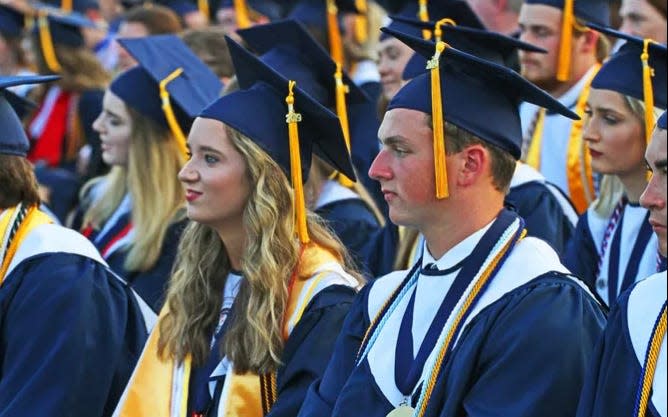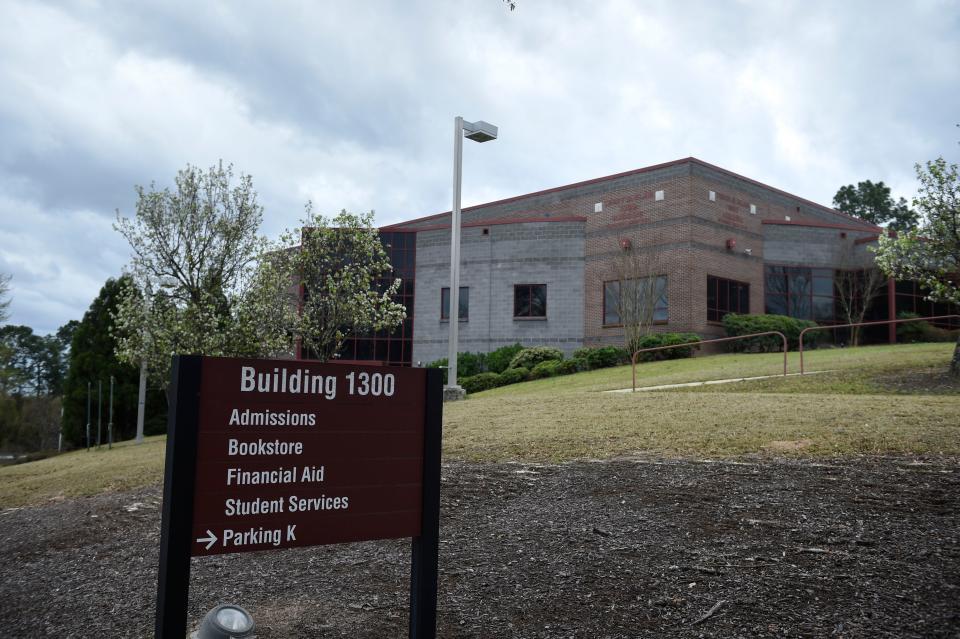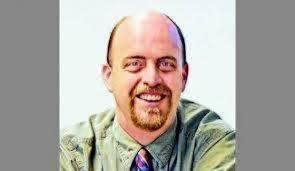Political scientist: Let’s help today’s high school graduates by doubling the Pell Grants

This is a column by John A. Tures, a professor of political science at LaGrange College. He is a regular contributor to the Savannah Morning News.
A few years ago, American kids were being knocked for making dumb choices on their future. Whether those preferences were real or fake, my current talks with high schoolers reflect some bright, mature kids poised to make real contributions in health care, business and law. Let’s help them serve our communities by doubling the Pell Grant, something that helps those dream jobs become a reality.
Before the pandemic, a host of news stories claimed polls showed most U.S. kids would rather be YouTubers or bloggers, as compared to Chinese kids who allegedly preferred to be astronauts or teachers. One YouTuber claimed that she found 95% of kids wanted similar Internet fame. Such articles included pronouncements of gloom and doom, weeping for the future of America.
But as my research methods students know, we scrutinize polls as thoroughly as biologists dissect deceased animals for research. It turns out that only five options were given: astronaut, teacher, vlogger/YouTuber, professional athlete and musician. Teacher was the second choice of 8 to 12-year-olds among American kids, something not always mentioned in the articles. Some of these jobs are barely publicized in China, a place where conformity is enforced, and many kids want to please their parents, more than their independent-minded American counterparts.
More from John Tures: What Americans can learn from France’s recent election
In recruiting for LaGrange College, I visited high schools in Georgia and Alabama. I went to college fairs, spoke to classrooms and visited lunchrooms, talking with high schoolers about their futures and choices of majors and careers. I’ve been to city schools and high schools out in the country. I’ve spoken to young men and women of all races and ethnicities. And you’ll be happy to know that nothing about those unscientific polls was even remotely confirmed. In fact, I have yet to meet my first vlogger wannabe or future YouTuber.

Here’s what I did find. There were lots of kids who wanted to become doctors, nurses, biologists and scientists. Next up on the career list were teachers and coaches, with many hoping to do both. Third was law, but not the “sue everyone and get rich” types.
Like many of my LaGrange College political science majors, they hope to be prosecutors or legal psychologists. Others hope to be defense lawyers or run legal aid clinics to help the poor.
Was it the pandemic that was a game-changer, influencing high school picks? Or is it the fact that students 10 years older than those polled would make more mature choices of study and career? Regardless, the future looks very bright, not just for these smart kids, but for the communities they hope to serve.
You may also like from John Tures: Realism vs. Christianity during Holy Week
There were carpenters and cosmologists, and some who just walked on past our table. Yes, we need those who learn a trade. But evidence does show two out of three jobs will require collegiate or the equivalent of college-level experience and training, and that percentage is increasing. Yet percentages of Americans with a college degree fail to achieve even half of that number, something which will affect our economy and immigration if it isn’t addressed.
“Many higher education organizations, including the American Council on Education, the National Association of Student Financial Aid Administrators and the National Association of Independent Colleges and Universities, have called for doubling the Pell Grant,” writes Donald E. Heller, the Provost and VPP for the University of San Francisco, in the publication The Conversation. “This would be an important step toward having Pell Grants cover as much for today’s students as they did a generation or two ago.”

In order to support giving kids a shot at their dreams, helping our economy, and filling those college graduate positions, let’s find the best means of helping them on their way, by doubling the Pell Grants.
This article originally appeared on Savannah Morning News: Doubling the Pell Grant would help our students get their dream jobs

